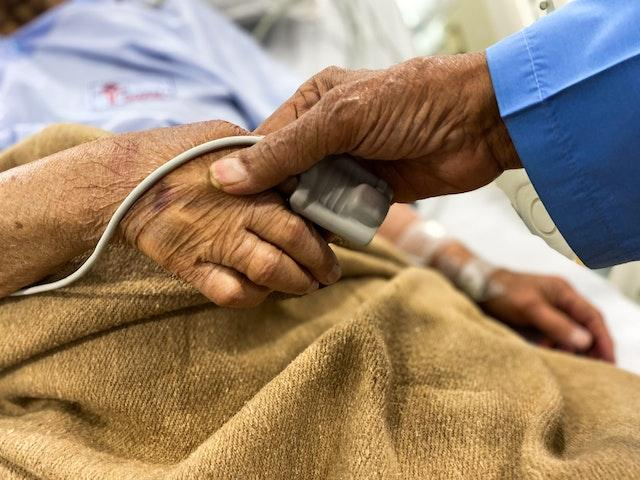Providing care to a family member or loved one who is terminally ill or has a severe illness can be difficult and exhausting. Receiving a diagnosis of a life-threatening or terminal illness often causes a great deal of emotional pain for the individual, the family, and those responsible for providing care. Each person affected by this news may experience a range of emotions (sadness, anger, feeling “numb”) and will react to the information differently.
If possible, conversations need to occur in the early stages of the diagnosis to make clear the person’s wishes for medication and treatment, end-of-life care, health insurance proceedings and how the information should be shared with others. If that is not possible due to the person’s condition, the family member or caregiver may need to make decisions, which can create significant stress and emotional turmoil. Family members and friends would do well to remember that support and compassion are needed most during this time.
How to Provide Care During a Severe or Terminal Illness
Providing care for a person who is terminally ill is very challenging. However, there are five strategies for managing the environment:
- Try to provide stability: Caregivers and involved family members will need to maintain control and offer emotional support to the terminally ill person and one another. You are all in this together.
- Make a plan: Caregivers often have to make end-of-life care decisions, including life-extending medical treatments and where the person wishes to be cared for. Therefore, it is best to know the terminally ill person’s intentions as early as possible, so they can be followed as they wish.
- Keep a routine: Maintaining daily and weekly routines is helpful for everyone. Involve the person in social and family interactions as much as they would like, whether that be family dinners, birthdays and other causes for celebration, and activities they enjoyed throughout their lives (such as watching movies, visiting the library, spending time in their garden). These routines will help to lift the person’s mental health.
- Organize legal and financial accounts: If the person is well enough, encourage them to make a will that distributes their property as they wish and make decisions about their financial accounts. Having these matters organized early on will help the family follow through on the person’s wishes after passing away.
- Seek professional care: As your loved one’s condition worsens, caregiving can become more than a family member can provide. If you are finding it increasingly difficult to manage the person’s needs on your own, hiring a professional caregiver who has experience with severe and terminal illnesses is an option worth considering.
Learn about Palliative Care
Palliative care is when a team of healthcare professionals works together to provide relief from pain, address the disease’s symptoms, and reduce stress and emotional concerns experienced by the person and their family. The goal of palliative care is to help the person and their family have the best possible quality of life throughout their terminal illness. It’s important to note that palliative care is available in hospitals, nursing homes, and outpatient health clinics or can be delivered at home. The person’s doctor can often provide information about how to establish and arrange for palliative care.
Learn about Hospice Care
The unfortunate truth is that it may be impossible to cure a person’s serious illness at some point, or the person may decide of their own free will that they no longer want to undergo specific medical treatments. Hospice care is designed for people whose terminal illnesses have reached this stage. Like palliative care, hospice care emphasizes providing comfort to the person and support for the family. In hospice care, all medical interventions to stop the person’s illness are removed, and the terminal illness is allowed to run its natural course. Hospice care is best suited for a terminally ill person whose life expectancy is six months or less. Also, like palliative care, hospice is a care delivery method and can be offered at the person’s home or in a hospital, nursing home, or designated hospice center. The person’s doctor can provide details about arranging for hospice care.

Caregiving and Family Care
While many families wish to provide end-of-life care for their parents or loved ones, it is not always possible or safe to do so. Professional caretakers are more than a person who performs “heavy lifting” or helps a terminally ill person with toileting, meal preparation, and medical needs. Professional caregivers become a trusted part of the family and provide a way for the terminally ill person to maintain dignity and independence. They are an important part of the healthcare team, ensuring the best possible quality of life as the person approaches their final days.



